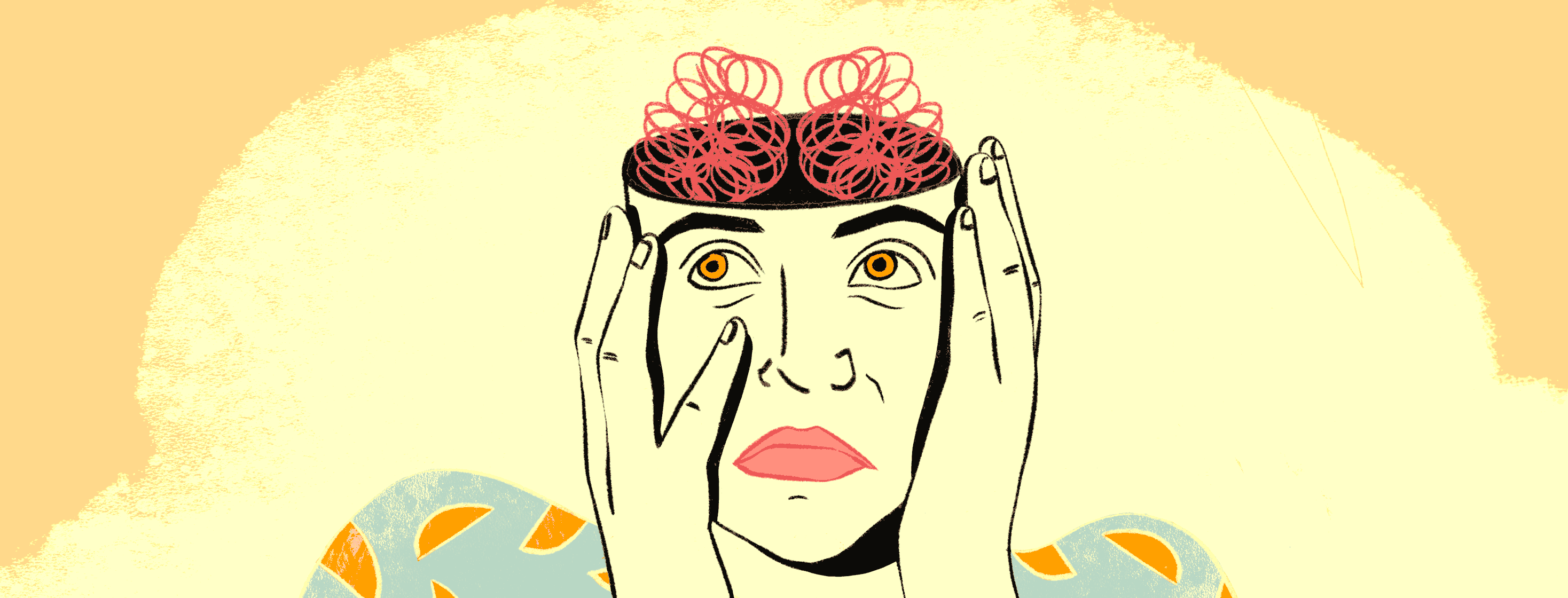Everyone Has a Story: The Anatomy of a Worrier
Admittedly I am now and have always been a worrier. But, generally, people take on this style of being as the result of life experiences. This was my case when only 7 years old. My friend down the street suddenly lost both parents due to a plane crash. The result was a new fear my parents could be in danger when they took a much-needed yearly vacation without the kids.
Unfortunately, the list of things about which we can worry grows regularly. With advances in technology, we now live in a global society. As a result, events happening on the other side of the world impact our survival. As a result, each news story can weigh a person down to the point of needing to select what is truly important.
Cancer and its treatments narrow our perspective to focus on maintaining health.
Reflecting, I realize anxiety is a part of this worrying phenomenon. Difficulty sleeping and GI upsets are common symptoms. Many exhibit a need to be vigilant. FOMO, or the "fear of missing out," is my effort to understand everything around me. When I stay up late to hear the late-night news or even listen to conversations at the next table, it makes me a control freak.
When things are out of your control
Especially trying are things out of one's control. Many of my Teal Warriors can easily relate to this experience. Never planning to have advanced ovarian cancer as part of my story, I regularly made appointments for yearly physicals. However, when an abdominal hernia was finally diagnosed as stage IIIC ovarian cancer, I realized the truth about unknowns. With all the best efforts, things happen.
Relying on the opinion of several trusted physicians, some were also limited and maybe stuck with an initial incomplete diagnosis. Quite naively, some conclude that surgery is the cure. However, I quickly learned that it was only the beginning for me, as chemotherapy is an integral part of targeted treatment.
My oncologist admitted my first round of chemo "almost killed" me. Being rather zealous in dosage and frequency, chemo quickly compromised the functioning of several organ systems. After a hospital stay, I still require additional medications to maintain equilibrium. So, when it is my time to consider restarting chemo, it is a time to weigh out the good, the bad, and the ugly.
So now what? Can worrying serve me?
As a nurse, it is instilled in training and theories under which we operate to observe and evaluate every sign and symptom carefully. In addition, the expectation is to develop facilitation and listening skills to encourage patients to articulate their needs. This gives a care provider an advantage in considering the mind, body, and spirit. After all, who knows better than the person undergoing the experience?
I try my best to communicate my "needs." However, only when fully expressed can I put my worries away. For example, a change in elimination is a genuine concern because it sometimes indicates an obstruction. In addition, metastatic ovarian cancer can occur in the colon; mine already shows on a PET scan in the sigmoid colon. Therefore I will continue to raise this concern with my oncologist and request he pays particular attention to each following PET scan.
Take courage in raising your concerns
In truth, our worries can serve as a guide to enable others to remain aware of our uniqueness. Remain vigilant to any changes in your body. Report concerns that may require additional evaluation. Find a way to speak about things, no matter how far-fetched. None of us can know everything we need to know to remain healthy.
Take courage in raising your concerns. I fully know the desire to bury our heads in the sand and move on. But things that do not seem right may gnaw at you until you have an answer.
I leave each of you with peace and courage to acknowledge who you are and gain support along the way. You are a hero walking a difficult path. I offer blessings to find a healthy side.
Editor’s Note: We are extremely saddened to say that on August 9, 2024, Ellen Reed passed away. Ellen’s advocacy efforts and writing continue to reach many. She will be deeply missed.

Join the conversation